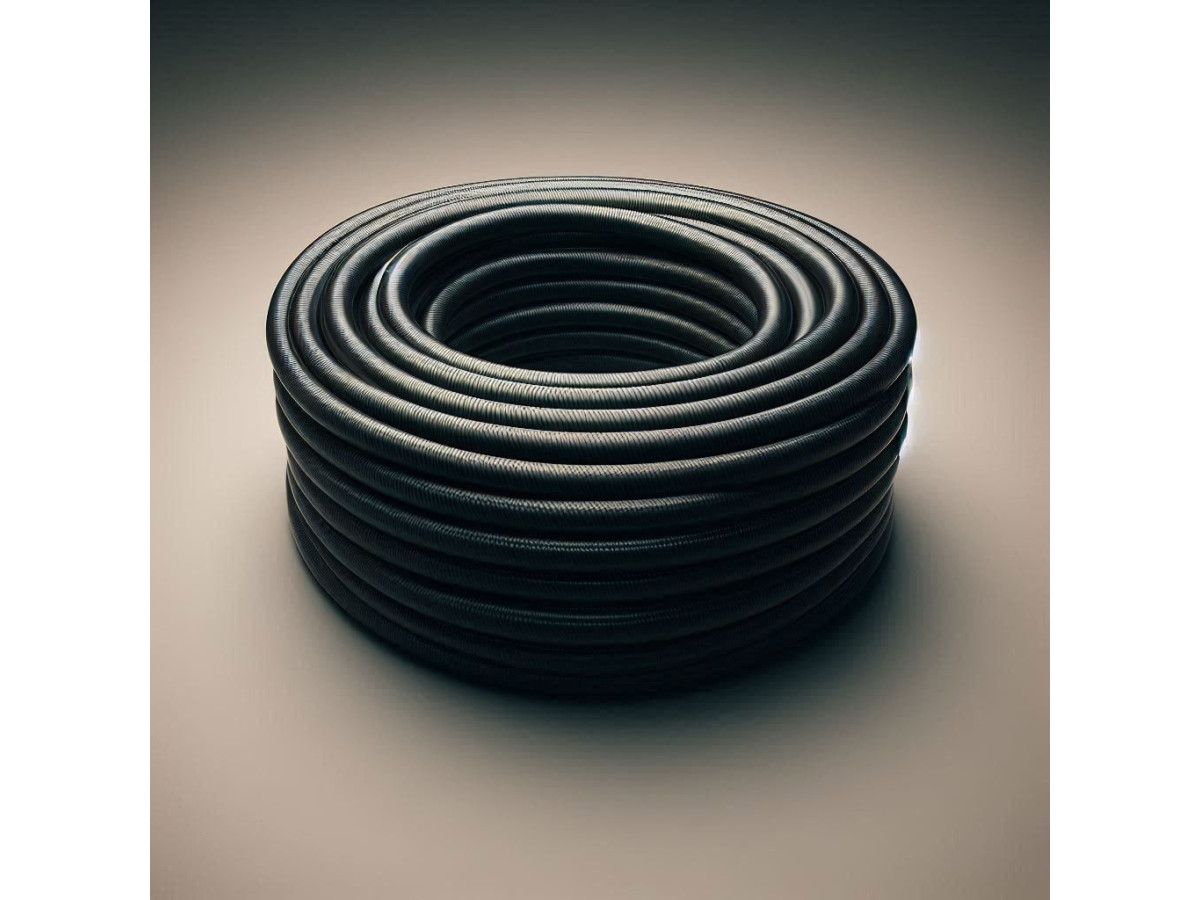Rubber – is a sealed material based on natural or artificial rubber, intended for the manufacture of gaskets, most often used in the construction industry. It is distinguished by its resistance to the negative impact of environmental factors, practicality and reliability. We suggest considering its types and advantages.
Types of rubber seals
Rubber seals are divided into several varieties, each type has its own individual properties:
- Fixed seals: This option is optimal for sealing hydraulic and pneumatic equipment. The main task is to ensure maximum tightness of the working environment, which is under increased pressure.
- Reciprocating seals: This material is manufactured according to group or individual technical values.
- Seals with rotary movements: The rubber seal is designed to create a seal in places where moving parts exit the internal cavity of machines and equipment.
- Regulating device seals: This group includes diaphragms and membranes (designed to separate cavities, enhance the transmission of impulses), valves (perform the function of blocking fluid flows, regulate its flow).
- On an adhesive base: This rubber seal is easy to install, tear-resistant, and does not deform even after prolonged use.
- Without adhesive base: To install this sealant, processing and preparation (lubricating the surface with an adhesive mixture) will be required.
Thanks to the wide range, it is possible to choose the most suitable type of rubber seal that meets your requirements and wishes.
Advantages of using rubber seal today
Due to their advantages, rubber seals have earned high popularity. These include the following:
- Thermal stability: The rubber seal withstands extreme temperature fluctuations from -100 to +310 degrees. Suitable for use in difficult working conditions, while maintaining its original characteristics and shape. It is flexible, adapts to significant pressure, does not break.
- Long service life: Rubber seals are resistant to high humidity and negative environmental impacts. They retain elasticity and integrity over a long period of time, operate under pressure, and do not require frequent replacement.
- Plasticity: The rubber seal can take various forms, is used in various industries due to its flexibility and elasticity, and will become a universal solution for solving various problems.
- Environmentally friendly: Rubber seals are non-toxic, interact well with other materials, and do not cause allergic reactions. They are even suitable for the food, pharmaceutical, and medical industries.
Rubber seals are designed for maximum sealing, do not let in cold and wind, regulate the transported amount of gas and liquid. The material is resistant to wear, deformation, and sudden temperature fluctuations.
How to choose the right rubber seal
To select a seal that meets all requirements and standards, it is necessary to take into account certain factors:
- Size: If the rubber seal is intended for pipe threads, its size must match the diameter of the thread, otherwise you will not achieve the desired connection.
- Condition of products: It is necessary to take into account the formation of condensation, the appearance of fungus and mold, the noise level, the presence of drafts, etc. Rubber seals solve these problems, guarantee thermal insulation and sound insulation.
- Material: Rubber has a long service life, will last 15-20 years, while maintaining its original qualities.
- Temperature range: It was mentioned above that rubber seals can withstand sudden changes in temperature, making them suitable for use not only indoors, but also outdoors.
Rubber seals eliminate street noise, ensure reliable tightness of joints and seams. They are optimal for solving various problems.
Conclusion
Rubber seals are designed for sealing and are used in various fields. They are resistant to wear and negative factors, are practical, reliable, and durable. When choosing this material, consider the purpose of use and the tasks it must solve. Due to the vulcanization method, the material is resistant to ultraviolet rays and mechanical damage.

